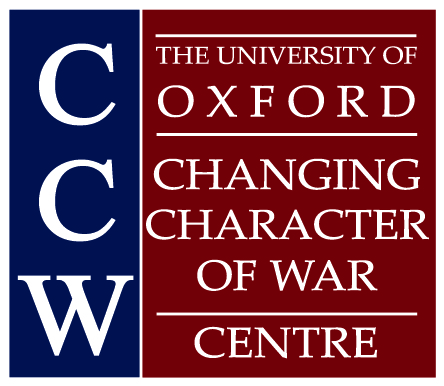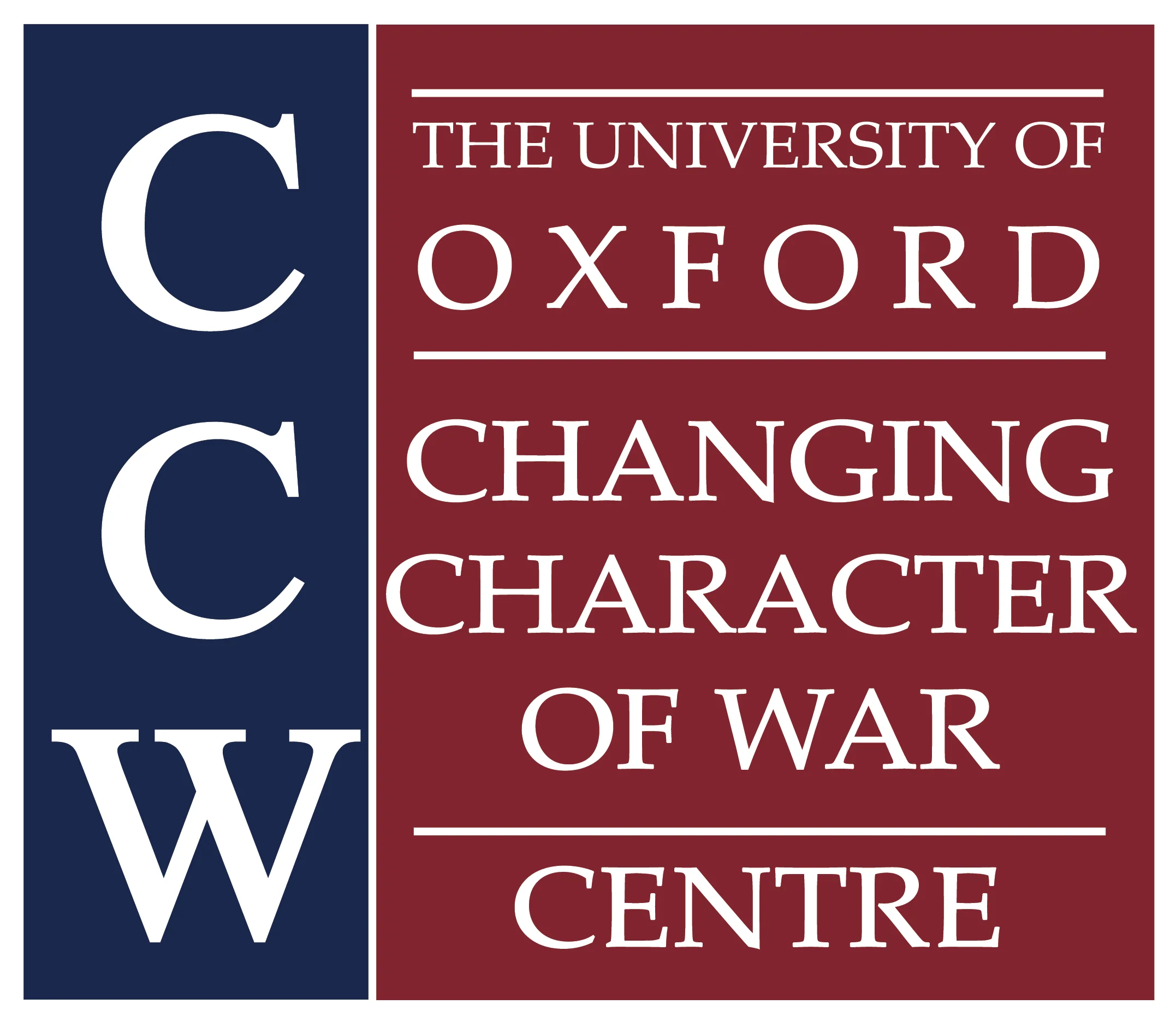During the Cold War, many rebel movements adopted a revolutionary agenda, with a Marxist or socialist orientation. A large qualitative literature contends that revolutionary rebels were generally high quality ones, but their overall impact has yet to be investigated systematically. We find that civil wars where the main rebel actor was a socialist revolutionary group, took the form of highly demanding irregular wars rather than conventional or symmetric, non-conventional wars; they lasted longer and produced more fatalities on average. However, and contrary to our expectations, we also find that rebel quality failed to translate into positive outcomes: socialist revolutionary rebels tended to be defeated at a higher rate compared to other rebels--hence a “Marxist Paradox.” To account for it, we argue that states challenged by socialist revolutionary rebels successfully stepped up their game by both drawing from substantial external assistance and launching counter-mobilization campaigns. Our analysis suggests the usefulness of incorporating rebel political identity in the study of civil war and historicizing it. We also point to the state-building dimension of civil wars implicating revolutionary rebels and stress the indirect ways in which they shaped conflict. We conclude by drawing implications for the latest wave of revolutionary rebellion, the jihadi one.
Stathis Kalyvas is Arnold Wolfers Professor of Political Science and Director of the Program on Order, Conflict, and Violence. He is the author of The Logic of Violence in Civil War (Cambridge University Press, 2006) The Rise of Christian Democracy in Europe (Cornell University Press, 1996), and Modern Greece (Oxford University Press, 2015), as well as the co-editor of Order, Conflict & Violence (Cambridge University Press, 2008).





